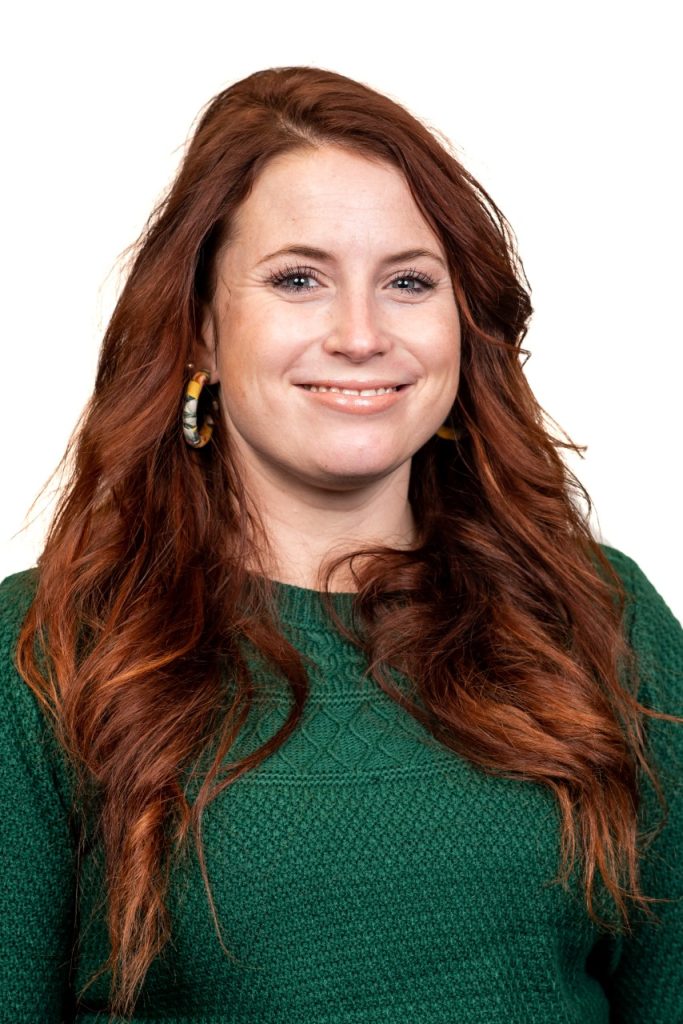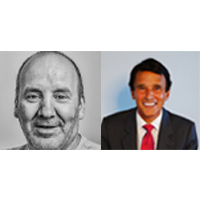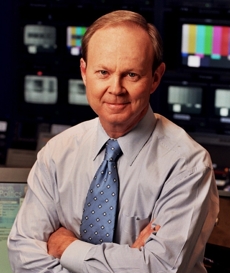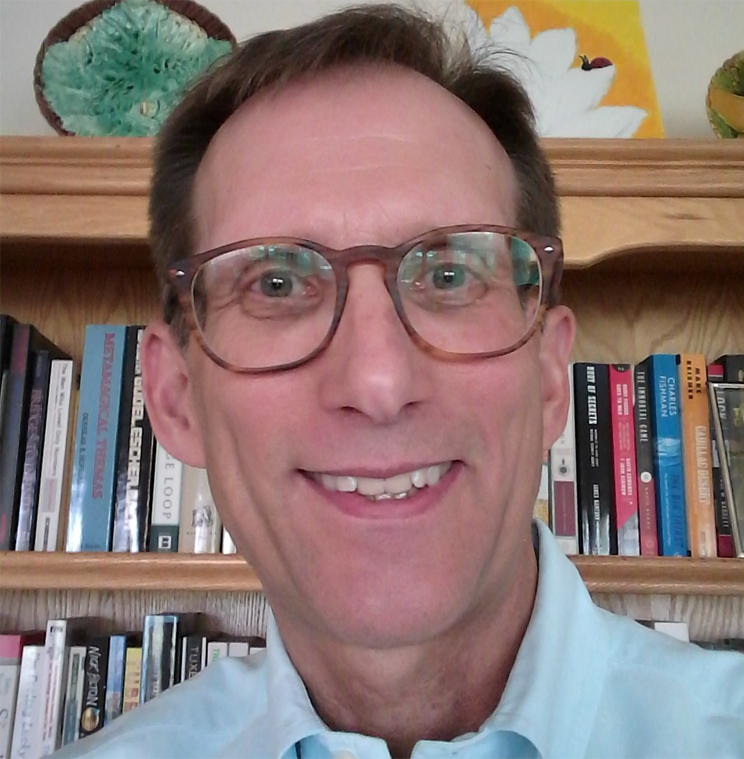by SMRITI KIRUBANANDAN
A possibility to do better and be better by observing yourself (your twin) reacting to various feeds and gaining the ability to gain better care and improve research, seems like a super power. The concept of a Digital Twin is the ability to replicate a person, an object or a process derived from extracting various data points from internet of things (IOT) that are attached to the original object. One can view how the digital twin responds to various feeds and give us a deeper understanding on the possibilities and impact for the real person or object. Shifting this concept into healthcare, I am going to take this up a notch and propose, what if a person has an opportunity to accept their future avatar presented to them and it is reflected and implemented immediately?
As per Research and Markets report
Up to 89% of all IoT platforms will include digital twins by 2025
Digital twinning will be a standard IoT feature by 2027
Nearly 36% of executives across a variety of industries understand the benefits of digital twinning, with about half of them planning to use it in their operations by 2028
Here are some of the ways a Digital Twin would play a role in making healthcare accurate, smart and reliable while greatly improving member experience:
Delivering the right Frequency of Care
In the United States, 400,000 hospital patients experience some form of preventable harm each year, accounting for a cost of over $20 billion annually.
Giving the proper care at the right time is vital in improving patient experience and the quality of care, and reducing healthcare costs. By using the digital twin concept, we can replicate the process, understand a person’s reactions to different treatments, and help customize the frequency of care needed. That might include understanding and getting more precise with the medication doses based on the Twin’s reactions or refining a type of surgical procedure based on possible recovery and impact. It might inspire a patient to make the right decisions based on the digital twin at the right time. Accepting their future avatar might give a patient hope and psychological comfort before starting a treatment or procedure and, most importantly, could build trust with their provider.
Accelerating Research for Public Health
With the Emergency use authorization provided to Pfizer by the FDA, we were able to produce 7 billion doses of the Covid-19 vaccine within a year, 71.5% were willing to take the vaccine, but a large proportion were hesitant to do so.
The Covid-19 pandemic showed our strengths and weaknesses.How quickly we can accelerate research and release vaccinations during an emergency and yet how do we manage the long-term impact, efficacy, and benefits of the series of boosters and the many probabilities that come with it. By implementing the Digital Twin concept, we would be able to understand the impact based on people’s pre-existing conditions and lifestyle factors, predict the future success rate, and then recommend if one needs another booster or what extra measures need to be taken to keep patients safe and healthy. This could have eradicated the trust and hesitancy many had while receiving their first dose and which then prevented many from taking the extra boosters. It could also perhaps help create a vaccine that can defend us against the many variants. While there are many layers to the complex nature of our understanding of the Covid-19 virus, Digital Twins might allow us to dive deeper into research and become more accurate in our guidance to the public. The concept of Digital Twin could provide a better level of certainty and hope in this context.
Retrofitting our Healthcare Workforce
There are 940,000 active physicians, 5 million active nurse practitioners for 330 million people in the US. 61% of physicians and approximately 40% of nurses are experiencing burnout. We need our healthcare workforce to be in a better place to deliver optimal care.
The primary reasons for burnout are too many administrative tasks, less time with patients, long hours, a lack of emotional support, poor infrastructure, and difficulty accessing the correct data to give the proper care at the right time. Now, we imagine implementing the Digital Twin concept in this space.We could then predict a healthcare worker’s stress load based on the data points collected and proactively provide them with the necessary support required–giving them a few days off as an example.
We could even leverage the Digital Twin to understand a hospital working environment. This might help us predict supply chain concerns, improve processes such as patient appointments and billing based on increase or decrease in demand given the recent pandemic, or improve ICU structures. This might be comparable to retrofitting a building to keep it resilient during an earthquake.
Empowering Holistic Healthcare and Wellness
As the Blue Zones research has shown, making the right diet choices, getting enough sleep, spending time in nature, and spending more time with your community have proven to improve a long-range healthy lifespan. Most of us need to be incentivized to make the right health choices. We are now seeing that healthcare is focussing on fueling the FoodRx movement, which involves providers encouraging members to eat more fruits and vegetables and honestly believe in food as medicine. If we implemented a Digital Twin concept, we could show people a road map of how they would be healthier and at the highest optimal rate based on the steps they need to take to get there. Seeing an avatar with a clear roadmap for achieving that could be a game changer to encourage people to make the right choices and truly take healthcare into their own hands.
Accepting your Future Avatar
What if you see your future avatar via the digital win concept to be liberating and exciting? Would you look at your future avatar and accept the version with the click of a button by using a mirror effect? Some of the changes we see get imprinted in our DNA within a few minutes.
As we are in the field of practicing healthcare, acceptance and surrendering play a key role. Are we ready to accept our better versions, and if so, how soon?
A Digital Twin allows us to make errors, expand our minds, and create a sense of trust and hope within ourselves and our healthcare ecosystem.
Smriti Kirubanandan MS,MPH,CN is the Founder and Executive Producer of the HLTH Forward Podcast & Heads Marketing for the Life Sciences and Healthcare Group at Tata Consultancy Services, This is her first piece for THCB






Leave A Comment